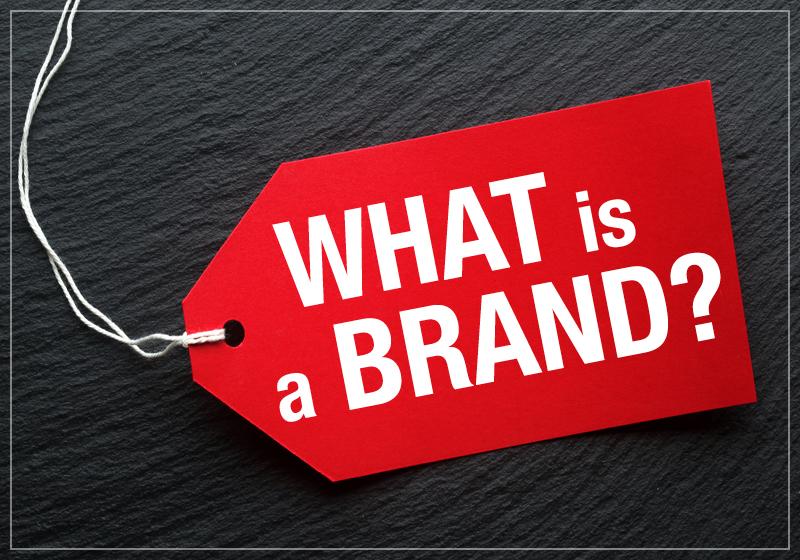What is a brand?
Brands are moving centre stage in the retail experience, driven by demand from shoppers who want to buy their favourite products wherever, whenever and however they want. It’s an evolution that is not only changing the way brands sell to and engage with customers, but will have a lasting effect on the way that retailers operate. Before we begin to address this question, we must first define the term ‘brand’.
First, we’re only interested in brands that are selling direct-to-customer – after all, we’re focussing on how they are disrupting the traditional retail model. There is, of course, more to being a brand than merely being a retailer. The key difference lies in the fact that brands sell their own branded products, usually via third parties. Moreover, a store-brand product does not count. Therefore Adidas and Apple are ‘brands’ and Argos and Asda are not.
What is a retailer?
All brands in our report are retailers too because, as mentioned above, we’re interested in the effect of traditional wholesalers disrupting the retail market by going direct-to-customer. Our brands, consequently, also comply with our definition of a retailer, used elsewhere in the Top500 indices, which is:
Destination: the retailer has created a destination that customers visit in order to buy a product, service or experience. That destination might be a shop, a website or an event.
Purpose: the retailer has created goods and/ or services in order to sell them to consumers.
Merchandising: the retailer actively sells, rather than acting as a portal to accept customers’ payments. That means choosing, promoting and tailoring offers to customers.
Acquisition: the retailer actively markets, recruits and attracts customers with a promise or proposition to the destination.
Sale: the retailer takes the customer’s money. The retailer owns the transaction as the merchant of record. Recourse: the retailer is responsible for the service, fulfilment and customer satisfaction owing from the sale.
Fascia-focused: the assessment focuses on individual trading names, rather than a parent company that may operate more than one fascia.
Exceptions: in every good list there’s an exception, where we may include a business due to its influence upon retailers (or, in the brand index, brands) and their customers.









